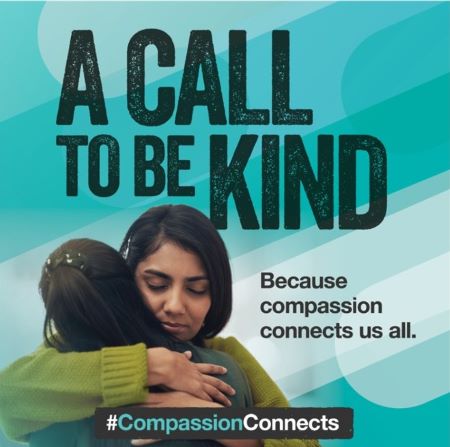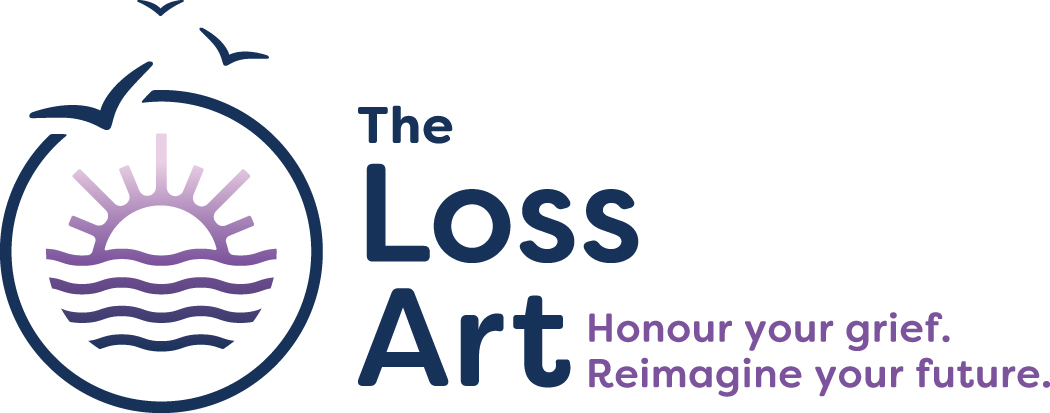
It’s Mental Health Week in Canada and the Canadian Mental Health Association is calling on us to be kind because compassion connects us all. While we should strive to treat each other and all living creatures with kindness every day, I appreciate all efforts to resuscitate our basic humanity. Raising awareness is especially important during this period of increased tolerance for hate, bullying and lack of empathy in human interactions. I respectfully ask that you bring even more compassion to your interactions with those who are struggling with their mental health or grieving.
Grief isn’t a mental illness. While grief can be complicated by mental illness, it’s a natural, loving response to losing something or someone that was important to you.
Signs of grief aren’t usually symptoms of mental illness
For far too long, the medical community has pathologized grief. In other words, doctors have diagnosed grief as depression and prescribed medication to help patients who are grieving to feel better. I don’t believe it’s healthy to try to find a way around the sadness, anger, guilt, resentment and myriad other emotions of grief. If you can avoid them today, those feelings will find you tomorrow. It’s normal to also feel relief, hope and joy while coping with loss.
This tornado of emotions can feel confusing and like you’re spinning out of control or going crazy. These feelings are signs of grief and not always symptoms of mental illness. If you’re struggling to function, that’s a different story. Please seek help if you don’t feel any joy or hope about your future. That help can be coaching, counselling, group support or a visit with a caring friend.
Find your compassionate tribe
If your tendency is to self-isolate while you’re grieving or to shy away from having a conversation with someone who’s coping with loss, remember that compassion connects us all. So, if you’re grieving, reach out to your friends and others who care about you – they want to be there for you. If someone you love is grieving, your gift of compassion connects them to life and love at a time when they may feel like they’re drowning in death and loss.
And share that kindness and compassion with yourself. Lots of evidence shows that how we talk to and treat ourselves impacts our mental and physical health. You deserve to be treated with kindness and compassion every day.
How do you like to show compassion to yourself and others?
